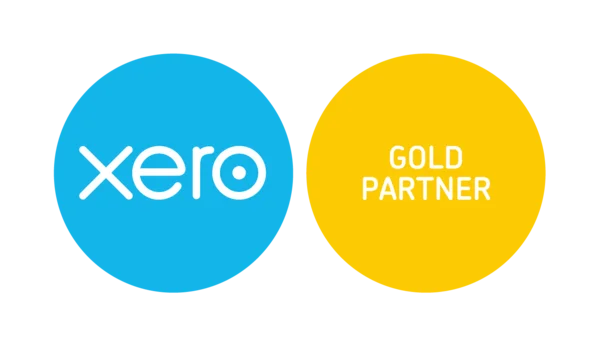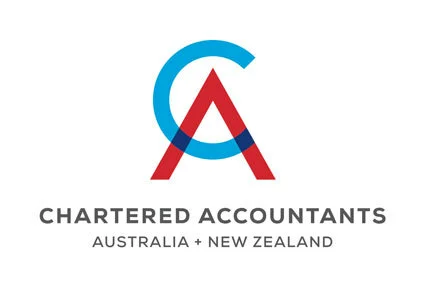Don’t miss out on your Energy Tax Bonus!

If you operate a business that has an annual turnover of under $50 million you may be entitled to a 20% bonus deduction. This is for expenditure on assets or improvements to assets that make your business more energy efficient. If you spend, say $10,000 of eligible expenditure, you get an extra tax deduction of $2,000.
It is important to understand that the availability of this bonus deduction started on 1 July 2023 and finishes on 30 June 2024.
Broadly, the bonus deduction is to give an incentive for small and medium businesses to become more efficient in their use of energy. This means, for the most part, installing or improving assets that use electricity as opposed to those that use fossil fuels. Also, it means purchasing assets run by electricity that are more energy efficient than a similar asset which also uses electricity.
There is a cap on the bonus. Expenditure up to $100,000 is eligible. This means that the maximum amount of bonus deduction is $20,000. If you are a company on the 25% income tax rate, this means a maximum tax saving of $5,000.
Here are some examples of claims:
A business decides it wants to purchase a heater for a part of its premises. It can purchase a new gas heater but it decides to purchase a new reverse-cycle electric air conditioner. This is eligible because the business has chosen an electricity driven device over a fossil fuel driven device. The new air conditioner costs $3,000, with installation. This results in a bonus tax deduction of $600.
A business wants to purchase a new refrigerator for its business. It visits a local whitegoods retailer and observes the various models available. It decides to purchase a refrigerator with a 5-star energy rating. There are other refrigerators available for sale in the store that have 3-star and 4-star energy ratings. Because the business has decided to purchase the more energy efficient model, the expenditure on the new refrigerator is eligible. The new refrigerator costs $1,600. This results in a bonus tax deduction of $320. A business uses solar panels to create renewable energy. It decides to purchase a battery to store the renewable energy which costs $15,000. This is eligible and results in a bonus deduction of $3,000.
It is important understand that certain types of expenditure are excluded from the bonus deduction. This is expenditure that:
- Uses fossil fuels (except minor use)
- Assets which have the dominant purpose of generating electricity (e.g. solar panels)
- Capital works (e.g. building works)
- Motor vehicles
- Software development pools
- Financing costs
Record Keeping
Importantly, you will need to keep records that prove you are eligible for the expenditure so that your accountants can justifiably make the claim. For example, if you purchase a new refrigerator (as above) the invoice for the new item will not contain any information that says it is more energy efficient than another. You will need to, say, take a photograph of a less energy efficient refrigerator to prove that you are eligible to make the claim.
At the time of writing, the legislation to enact the 20% bonus deduction is going through Federal Parliament and has not yet been passed, but it is expected that it will pass into law. Unfortunately, the legislation is somewhat complex as to what complies, so if you are in doubt, ask Scott Partners.







